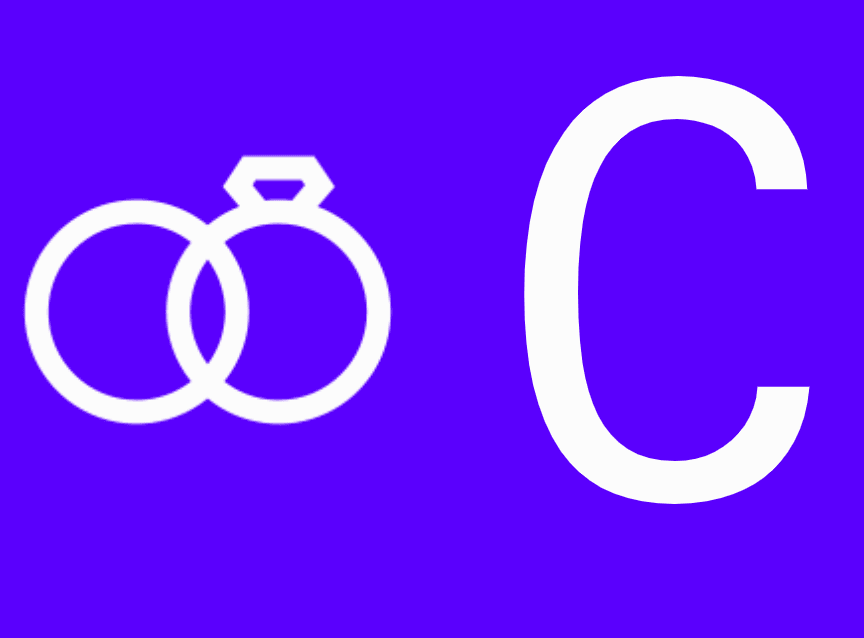Psychologist for behavioral problems
Everyone experiences behavioral problems during their life and sometimes the situation is acute and they refer to a psychologist for behavioral problems, sometimes they deal with self-diagnosis. You need to know more about behavioral problems psychologist in order to make a smarter choice
Behavioral disorders or behavioral problems have their roots in childhood, but even in adulthood, behavioral problems can be developed or previous problems can be corrected. Children’s behavioral disorders can usually be detected by parents when children behave out of their age. Mischief or playfulness, disobedience, etc. among children is a normal behavior, but excessive repetition of these behaviors is a warning for parents who should take it seriously and refer to a psychologist for behavioral problems.
The root of behavioral problems
Children are experiencing and do not have the preconceived notions that we have about behaviors and actions, for example, we know that stealing is a bad thing, so we do not go towards it, but the child does not know this, we know that cursing is a bad thing, but children do not know this. They don’t even know the meaning of many insults they say.
Don’t get me wrong, it doesn’t mean that you are not obligated to raise children?! Or that the child must exhibit strange behavior in order to take him to a psychologist for behavioral problems!
This means that you should not deprive your children of the opportunity to experience and do not attribute this experience to behavioral disorders. Oppositional disobedience and antisocial behavior (such as lying, petty theft, occasional physical or verbal altercations) are somewhat normal developmental stages in children and are nothing to worry about. In their developmental process, children control their aggressive and anti-social impulses, and little by little, they find a preconceived notion of everything and begin to recognize right and wrong and make decisions, but few children are able to control their impulses, maturity and social become or they are not successful enough and experience behavioral disorders in adolescence and adulthood.
According to psychologists, there are various reasons that cause behavioral problems in childhood and adolescence. in the formation of behavioral problems; such as biological factors, educational factors, environmental factors, as well as special characteristics of the child (mood, impulse control)
Biological factors: male gender (behavioral disorders are more common in men), low activity level, risks during pregnancy, perinatal (alcohol, smoking)
Family environment and upbringing: inappropriate and violent behavior of parents, low social status of parents (financial or difficult job conditions), discordant behavior of parents, insufficient parenting skills in parents;
School: attending special schools or special schools (special schools are more strict), low quality of education, bad school climate, design of school environment, authoritarian behavior of school personnel or limited teaching style of teachers.
Mental characteristics: insufficient impulse control and emotion regulation, distorted social-cognitive perception, poor problem-solving strategies, insufficient empathy, intolerance of disappointment.
Other factors: violent peer group, sexual abuse, social pressure, insufficient social integration, media influence
People who have behavioral problems are usually diagnosed with the above factors as the root of their behavioral problems.
Symptoms of behavioral disorders
Unfortunately, boys are more exposed to behavioral problems than girls. The signs of behavioral disorders are clear both from the parents’ and society’s point of view; In this way, a group of children are playing and suddenly a child among them destroys all the toys and starts being aggressive. Of course, as mentioned above, from the psychologist’s point of view of behavioral problems, these encounters are not always a sign of behavioral problems, and the repetition and continuation of such behaviors can be a sign of behavioral disorders. The signs and symptoms of behavioral disorders are different in different people and they will be discussed below:
obscenity
aggression
Cruel behavior towards others, animals and nature
Weakness versus failure
Irritability against people’s conditions and behavior
Lying and making up stories
Risky and reckless behavior (such as sexual relations, breaking the law)
Drug abuse
outburst of anger
Difficulty expressing or feeling empathy
Aggression, bully behaviors, fights, cruel behaviors towards animals and others, etc. are among the symptoms of behavioral problems in boys. Also, girls can also show these kinds of behaviors by themselves, but behavioral problems are mostly in the form of lies, drug use, or Even prostitution shows itself in girls.
Fortunately, some teachers, seeing these behaviors in students, ask their parents to take them to a psychologist for behavioral problems.
Behavioral disorder and mental disorder are not far apart, and if we want to have a stair view of it, behavioral disorder is on the first step, which will go to the second step, which is mental disorder, if not followed up and treated. So it is natural that there are commonalities between the symptoms of these two. In the following, some behavioral disorder symptoms will be mentioned, which can also be a sign of behavioral disorder:
Attention deficit disorders or attention deficit disorder
Anxiety and stress disorders
Learning disorders
Communication disorders
Mood disorders
Drug addiction and drug abuse
Treatment of behavioral problems
The treatment of behavioral problems is better if it is done at a younger age. When the child’s personality is being formed, it is more flexible to changes, so the desired result will be possible sooner and better. Children who have behavioral problems themselves suffer from this issue, and this is the reason for their desire to change and reform.
The treatment of behavioral problems by the psychologist for behavioral problems is done in two ways:
In the first method, the person himself is consulted, in the second method, the person’s parents are trained, which can be both after having children and before for prevention.
Behavioral counseling
When you go to a psychologist for behavioral problems, after examining the behaviors, he defines a treatment course for you, which is very important to follow. According to research and studies conducted in America, drug therapy and psychotherapy together have a greater effect in treating behavioral problems. Of course, neither the counselor nor the psychologist will prescribe you medicine, and if you need it, you will be referred to a psychiatrist to be treated with medicine. Marriage counseling
The doctors of Psycho-Aram Center for Psychology and Psychiatry are ready to provide you services in the field of psychologists for behavioral problems. You can easily book an appointment online and by phone.
Parent training to treat behavioral problems
In this training course, parents will be taught how to behave with children and solutions will be given for the right way to communicate and control them. Children need love, care and attention, and the upbringing you consider for children should be accompanied by love and affection along with guiding them to the right path. Strict or violent parenting will not only not help your child, but will also expose him to behavioral problems.
family Education
Psychologists do not always face behavioral problems with the child, and sometimes with the approach of family education, they will teach all family members how to deal with the child and with what methods and behaviors to control him if necessary.
cognitive behavioral therapy (CBT)
In this type of psychotherapy that is performed by a psychologist for behavioral problems; They help people identify and change disruptive or disruptive thought patterns that negatively affect behavior and emotions. Cognitive behavioral therapy focuses on changing automatic negative thoughts that tend to increase or worsen emotional problems, depression and anxiety.
Social education for children
The purpose of social education is to teach children the ways and skills to communicate with others. This type of education is usually complementary and is given to the child along with psychotherapy.
Anger control
Anger is a natural emotion that happens in every person, and the things that are taught in this class by the psychologist for behavioral problems are anger control skills so that children learn to accept and adapt to the situation instead of being aggressive and violent, and use their anger in a way Express correctly. What should I do so that my husband does not cheat on me
Specialized support
Unfortunately, the issue of support happens very little in Iranian families, and if it happens, it is more extreme, which will cause problems for the child. In this class, parents are taught to support the child in case of weakness in an issue or work, so that he can do what he can, instead of comparing and destroying the child, causing him to become frustrated and discouraged from doing the work.
Encouragement
Children may soon get tired and discouraged from doing or continuing some tasks. Here it is the parents who have to encourage the children in the right ways. Encouraging also has its own methods and sometimes the wrong encouragement causes the child to expect it, in fact it considers it as a duty.
For example, you reward your child every time he writes his homework. This is wrong and after some time the child will feel that doing his homework is a favor to you and you are obliged to give him a reward.
drug therapy
Drug therapy is also a treatment method, but it is not done by a psychologist for behavioral problems, and you should see a psychiatrist. In this treatment method, drugs are used for short-term control of impulsive behaviors in children.



